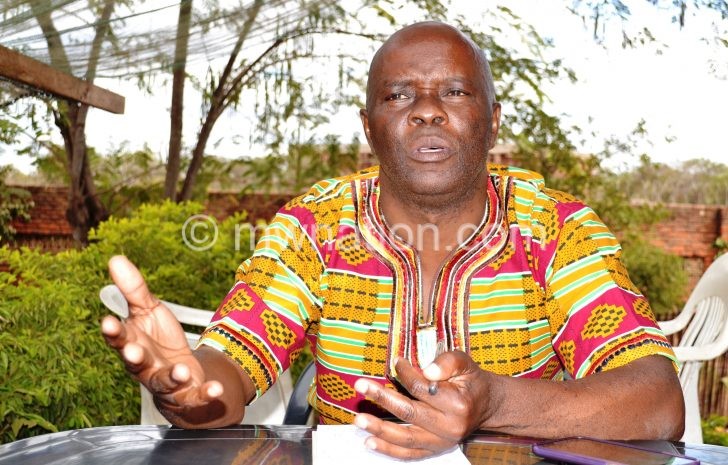Ramahan: Month of Spiritual Reflection

Muslims worldwide are observing the Month of Ramahan where they fast and bring themselves closer to God. I talked to Sheikh Abdul RazzakFattani, executive director of Islamic Relief Agency (IRA) on the importance of observing Ramadhan.
Q. Fasting is not an easy thing to observe and you are having it for a month, how do you manage this?
A.
Going without food indeed makes the body weak and frail, but when you are doing that with a purpose, you don’t feel it because you have a mission ahead of you to fulfill. Fasting helps us to be closer to God.
There are two types of fasting; some people just go hungry without a purpose and there are others who fast for a real purpose and have time with God in prayer. When you pray, you don’t feel thirsty and hungry. It’s like when you are busy working, you don’t feel like eating because you don’t have time for food. When we are fasting, we also look back to our evil deeds and turn to God for forgiveness. It is also time to cleanse our bodies of immoral behaviour. The weak, sick, and elderly are exempted from fasting.
Q. What do you gain from fasting?
A.
We gain spiritual strength during this fasting period as we obey God’s commandment, especially in observing the Islamic third pillar. God knows who fasts in truth and people should not cheat themselves when doing things half-heartedly.
The other benefit is that we come closer to God, but more importantly we get spiritual healing through fasting.
The advantage of fasting from a medical point of view is that the body receives physical treatment when people fast from 5am to 5pm every day and because of this, germs die and the immune system is improved.
Q. What should be done when one is fasting?
A.
Ramadan is the month of sharing. During this month, we are supposed to share whatever little we have so that no Muslim should break the fasting in the evening on an empty stomach. We urge those that have more resources to share with poor fasting Muslims so that there is nobody suffering when breaking each day’s fast. Everybody must have Iftaar in the evening so that he/she eats something when breaking the fast. What happens during this ninth month in the year of 1435 on the Islamic calendar, is that Islamic NGOs (Non-governmental organisations) are busy giving out alms to fasting Muslims who are resource challenged.
Q. Apart from fasting and sharing, what else happens during Ramadan?
A.
We are supposed to pray, read the Holy Quran as well as listen to the Holy Scriptures in our Mosques, even at home. Another aspect is to listen to the Holy Scriptures through nights of prayer where it is encouraged that all chapters should be read, imitated and listened to by all committed Muslims. During this period, we have enough time to recite the chapters and we are not supposed to do hard labour.
Q. When Ramadhan is over, how is the feeling?
A.
After the month of Ramadhan, we get blessings from God. We are also rewarded and health-wise, the body fats are reduced and we also feel the hunger like any other person who goes to bed on an empty stomach. You also feel for others and this way, you will be able to share the little you have.



